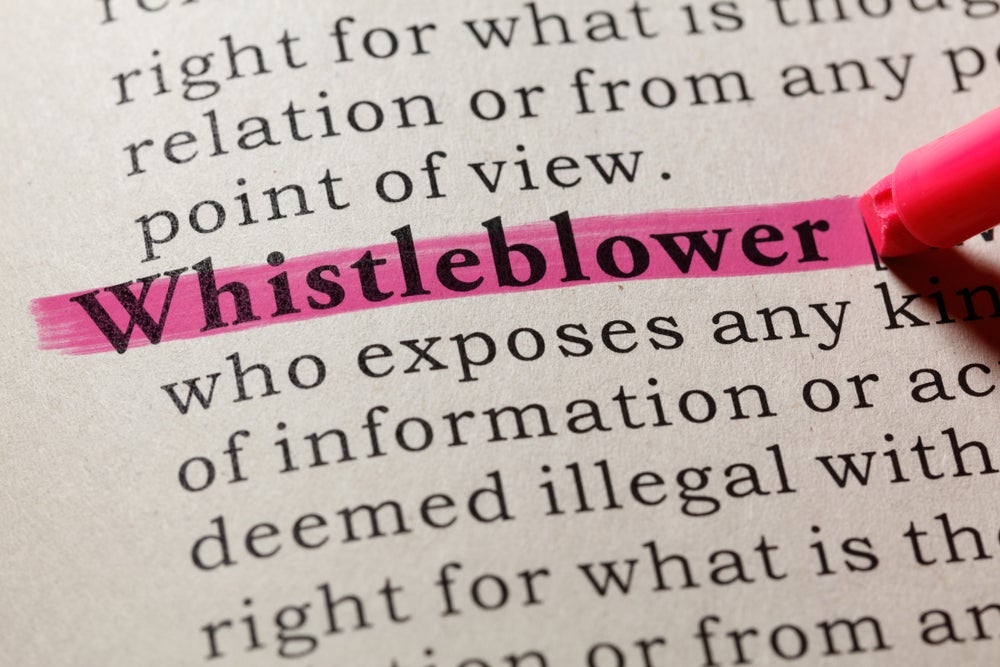This month the US House of Representatives voted for legislation, which if approved by the Senate and the President, will prevent the US Public Company Accounting Oversight Board (PCAOB) from enforcing mandatory audit firm rotation.
It appears a somewhat surprising move as the PCAOB had only recently launched exploratory discussions with stakeholders on the consequences of such a move in an attempt to improve the role of auditors and secure their independence. With the vote, US politicians appear to have made a stand on rotation without even waiting for the final findings of a PCAOB’s report on these issues
In Europe the situation couldn’t be more different, as it’s the politicians and policy-makers who are behind the drive to impose market remedies in order to increase auditor independence and quality. As the industry somewhat nervously awaits the final report by the UK Competition Commission, and as European audit reform is debated at member state level, mandatory rotation and retendering are far from off the table.
Nevertheless, on both sides of the pond the lack of consensus is apparent and the lack of agreement could be forcing policy-makers into unwanted compromise, or the so-called politicising of standards and regulations.
Perhaps we need to look again at why we are having all these discussion and remember that only very recently safeguards, including audit, did fail, in part, to prevent some of the events that led to the economic downturn. And, if mandatory retendering, rotation and limiting the provision of non-audit services are not the right local and global solutions, what are?
Speaking to the whistle-blower
A couple of weeks ago the editor of The Accountant, sister title of International Accounting Bulletin, Carlos Martin Tornero spoke to Michael Woodford, the Olympus whistle-blower, who says not much has changed since a $1.7bn loss was discovered almost two years ago at the Japanese camera-maker (see page 6). Aside from the prosecution and sentencing of some of its former board members, there have been very few corporate governance changes since the revelation.
How well do you really know your competitors?
Access the most comprehensive Company Profiles on the market, powered by GlobalData. Save hours of research. Gain competitive edge.

Thank you!
Your download email will arrive shortly
Not ready to buy yet? Download a free sample
We are confident about the unique quality of our Company Profiles. However, we want you to make the most beneficial decision for your business, so we offer a free sample that you can download by submitting the below form
By GlobalDataOlympus auditors, KPMG and EY, were mostly cleared of all faults. But if the right safeguards exist, as claimed by local regulators, why do such things occur. Woodford says that in Japan the relationships between auditors and company directors are "far too comfortable" and warns that in general there could be many more companies hiding their losses.
Perhaps while on a local level regulators, standard-setters and politicians look for ways of intervening and improving independence and quality, we need to think of the current nature of businesses. Just like Olympus, many companies are increasingly global and there needs to be solutions that can be applied globally.
Perhaps the issue is not so much about complex rules and standards, perhaps it’s more about human nature and cultural differences. Standards that would address people’s different cultural views, perceptions and ways of doing things are almost impossible to create, however those differences are very real in everyday global business.





